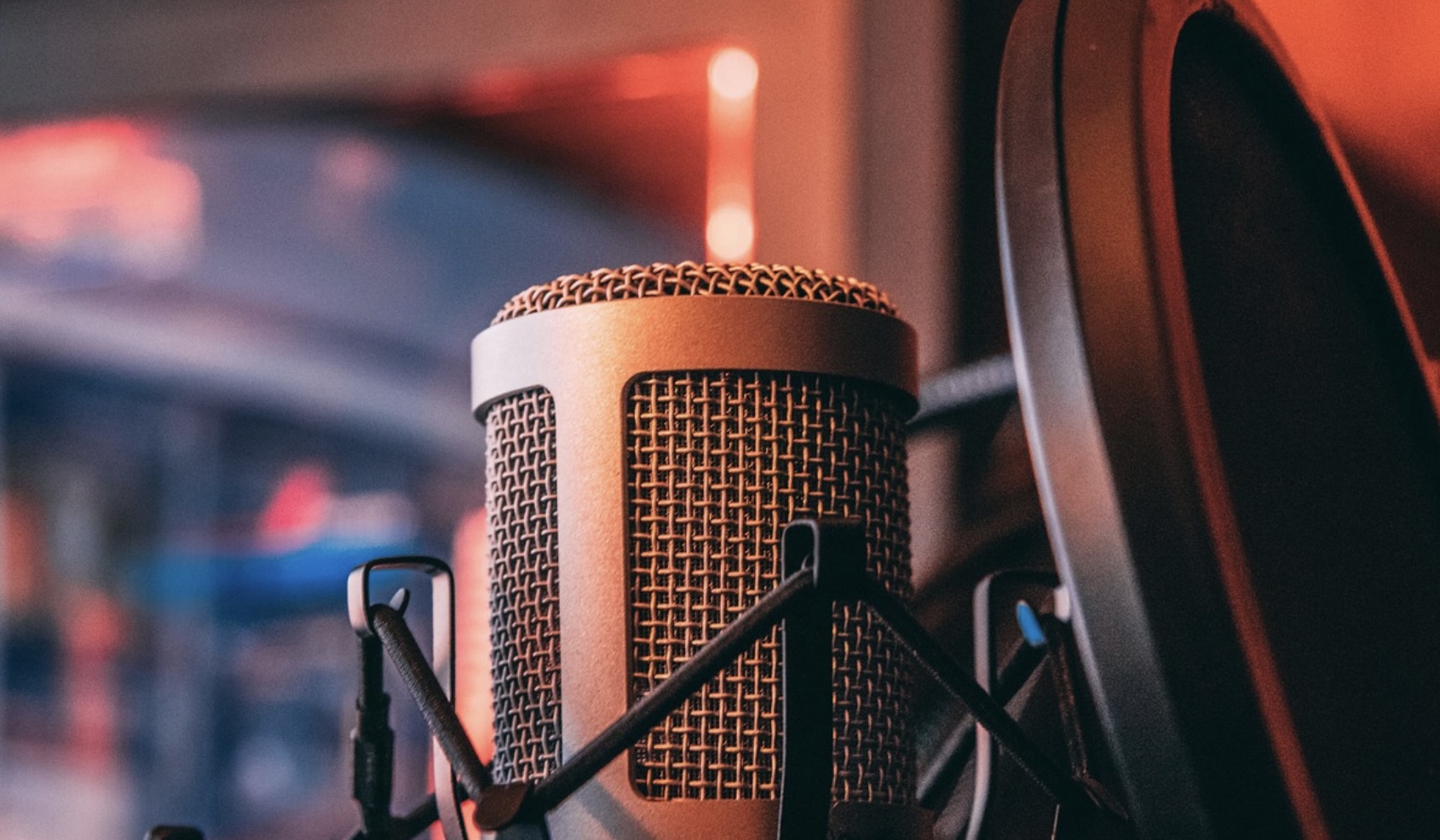Video game voice actors and motion-capture performers called a strike last week over failed labor contract negotiations focused on AI-related protections for workers.
This follows the union writers and actors striking over AI last year. So yeah, the entertainment industry is by far not aligned with incoming AI technology that they now see as a major threat to their workforce and crafts.
The rapid advancements in artificial intelligence have raised alarm bells across various creative industries. The fear of losing work or having work significantly devalued is a huge part in all of this.
For the gaming industry, the impact of this strike could be significant. Voice actors and motion-capture performers are a big deal to gaming experiences. They bring emotional depth and add authenticity to the experience. Games such as The Last of Us and Red Dead Redemption are two examples of games that have raised the bar utilizing these performers in their storytelling and character developments.
Without voice actors contributing, game development could face substantial delays and wreak havoc on release schedules. This could lead to major financial losses for gaming studios that rely on predictable release dates to begin earning their investments back and eventually, profiting. If the strike extends, gamers might experience delays in highly anticipated releases and a potential dip in the quality of voice acting and character animations.
Performers are demanding clearer regulations and protections against the unauthorized use of their likenesses and voices, fearing that AI-generated voices and digital doubles could be used without proper compensation or consent.
